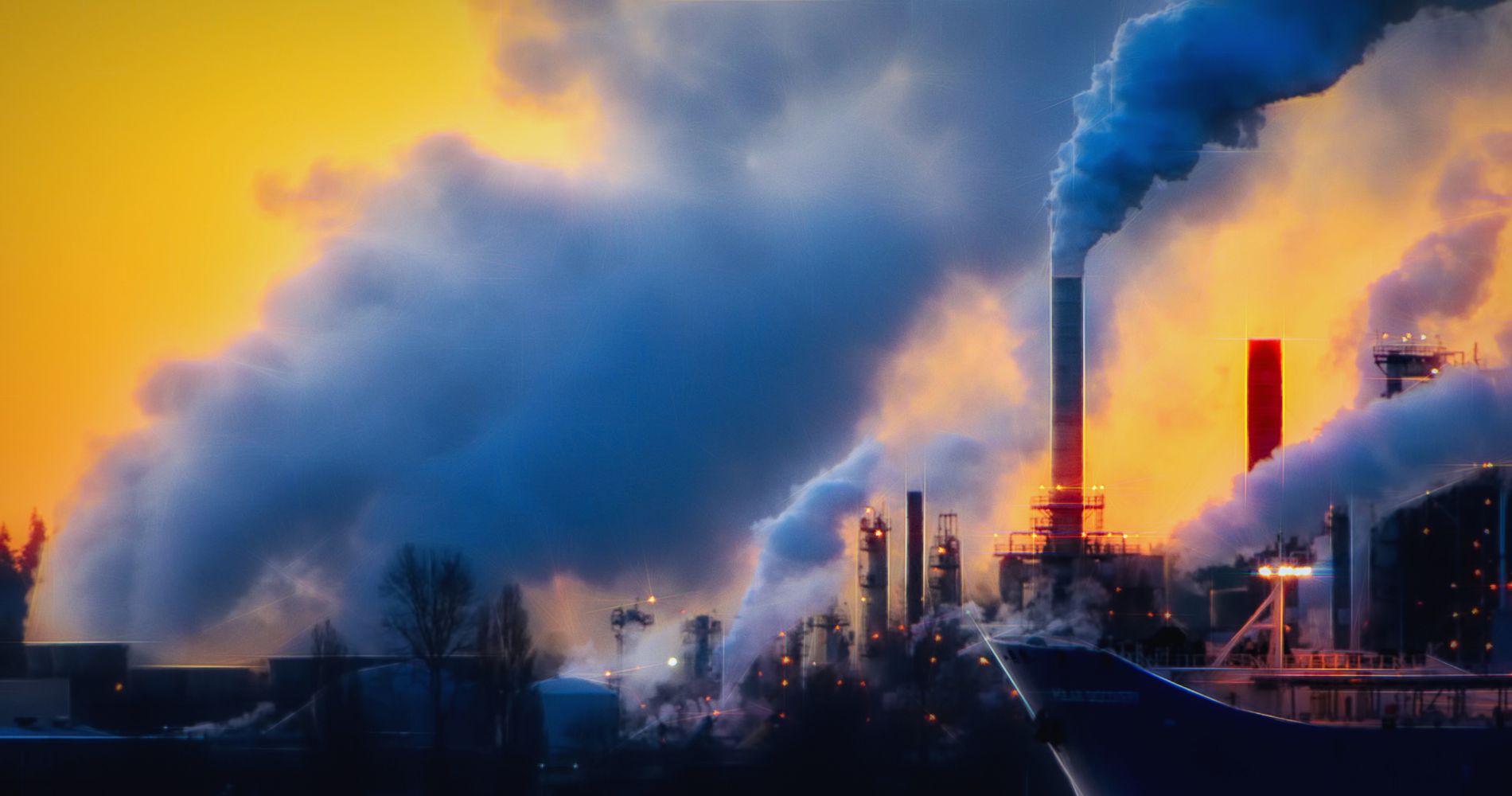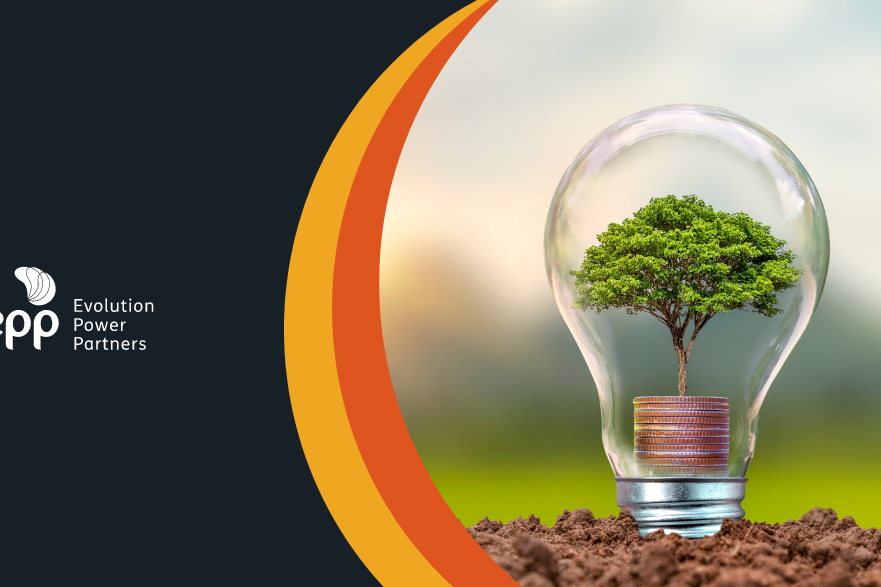Amidst the unprecedented challenges of the 21st century in the environmental field, humanity faces a growing threat: climate change. Largely driven by human activity, these changes jeopardize ecosystems, economies, and global communities. The reality of these changes is evident, with extreme weather events such as intense hurricanes, frequent heatwaves, and catastrophic floods becoming increasingly common. Moreover, the melting of polar ice caps and the consequent rise in sea levels threaten coastal communities and marine ecosystems.
Historically, our reliance on fossil fuels, such as coal, oil, and natural gas, has been the primary cause of greenhouse gas (GHG) emissions. These GHGs intensify the greenhouse effect and accelerate climate change. In response to this crisis, the global community has mobilized in search of innovative solutions to reduce carbon emissions and transition to a more sustainable energy model.
The Potential of Biogas and Biomass
Among the emerging energy solutions, biogas and biomass stand out as promising alternatives. Biogas, produced by the anaerobic decomposition of organic matter, not only represents a way to generate clean energy but also offers a sustainable solution for waste management. When purified, it becomes biomass, a renewable substitute for natural gas. The adoption of these technologies can play a crucial role in reducing greenhouse gas emissions while offering economic opportunities for farmers, communities, and industries.
Towards COP28: The Urgency of Action
The Conference of the Parties (COP) is the supreme decision-making body of the United Nations Framework Convention on Climate Change (UNFCCC). Each year, representatives from nearly 200 countries gather to assess progress and set guidelines for global climate action. With COP28 approaching, the pressure is intense. July 2023, the hottest month ever recorded, serves as a grim reminder of the reality we face. COP28 promises to be a turning point, with nations being called to make more ambitious and concrete commitments.
Climate action goes beyond a simple energy transition. It requires comprehensive policies, international cooperation, and the active participation of individuals and communities. Everyone has a role to play, whether adopting sustainable practices, supporting green policies, or pressuring companies to adopt more eco-friendly practices.
Conclusion
The transition to clean energy sources and decisive climate action are imperatives of our time. Biogas and biomass offer a practical and scalable solution, while events like COP28 provide a platform for global cooperation. As we count down the days to this crucial conference, it is essential that every nation, community, and individual recognize their role in creating a greener and fairer future.





